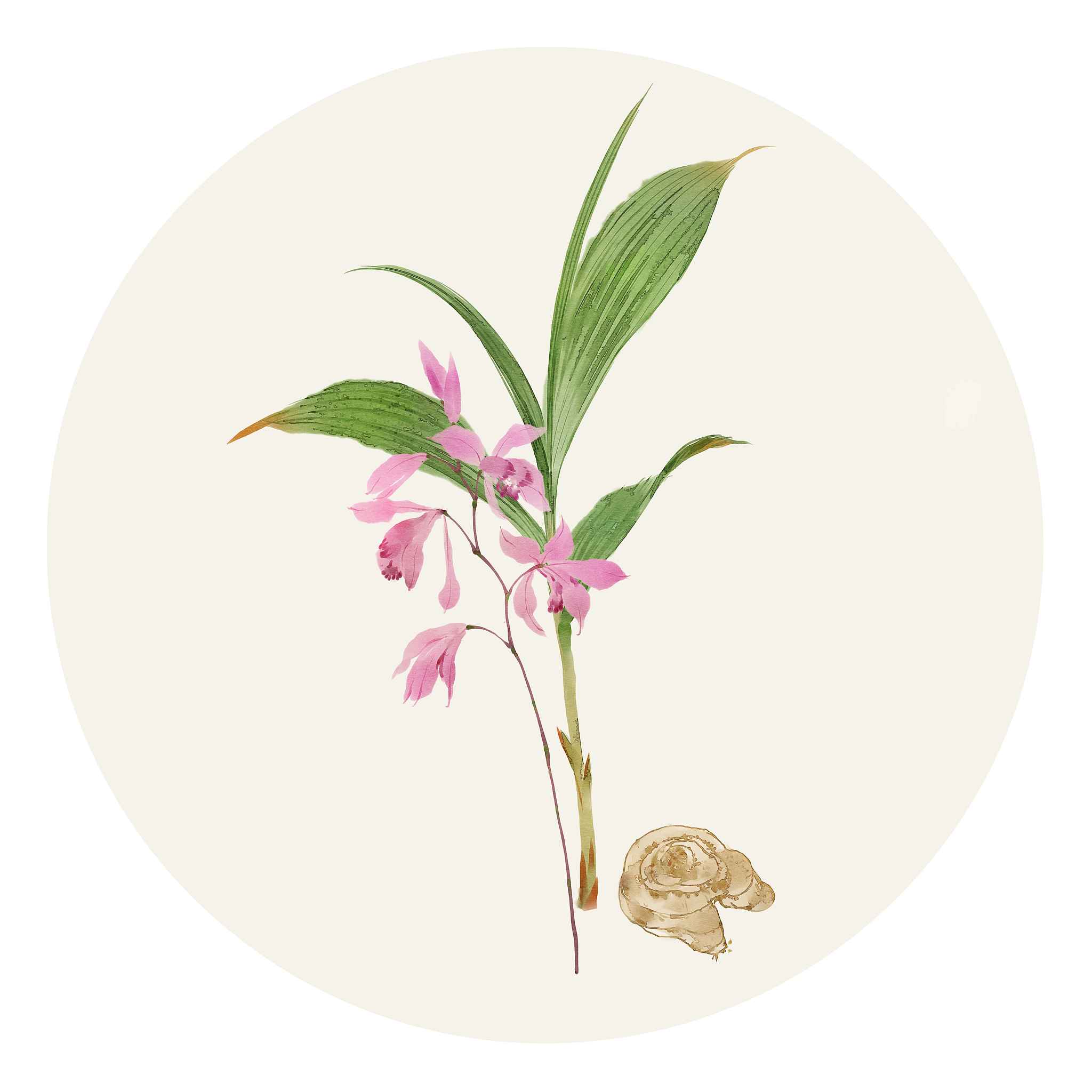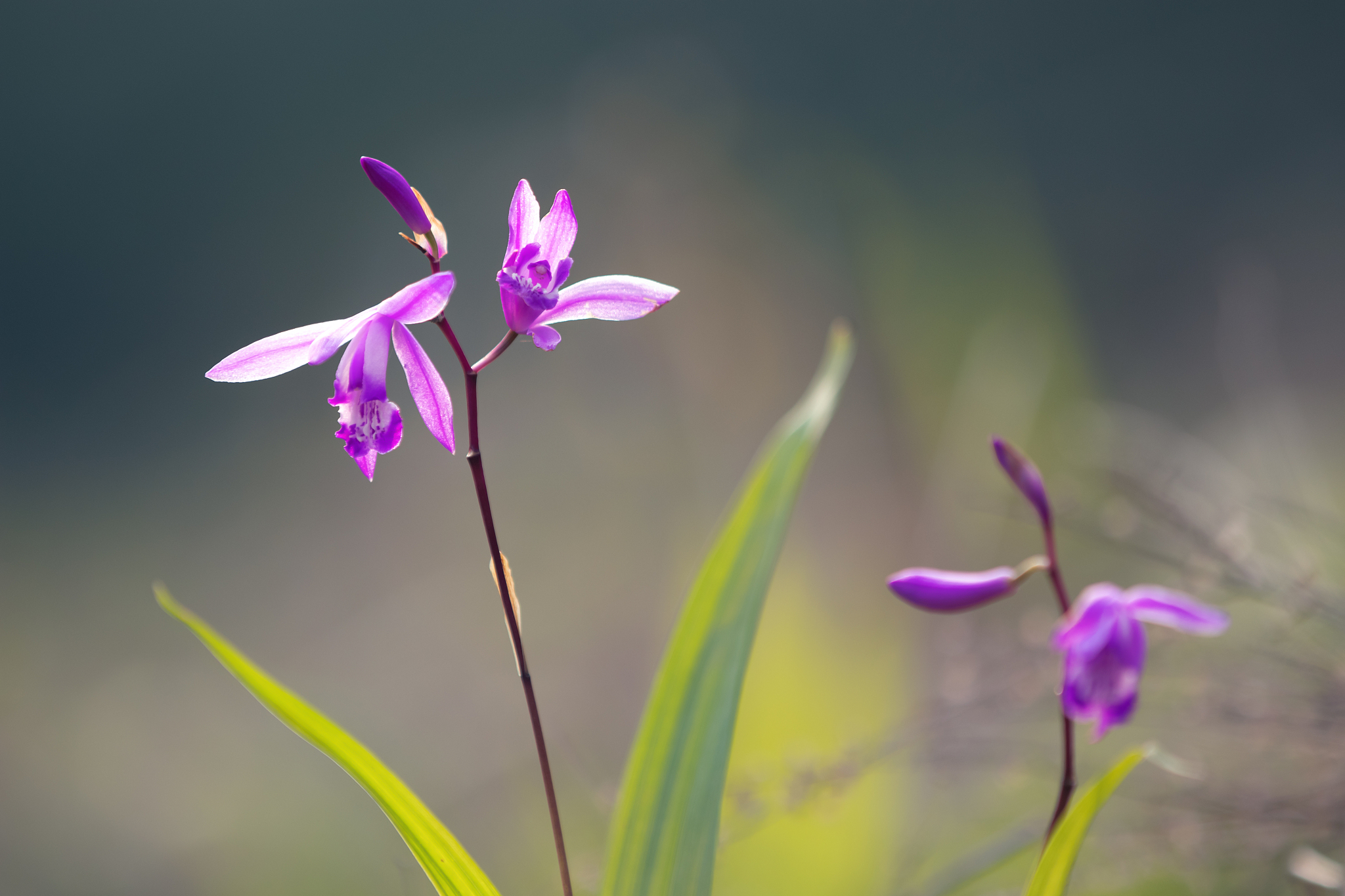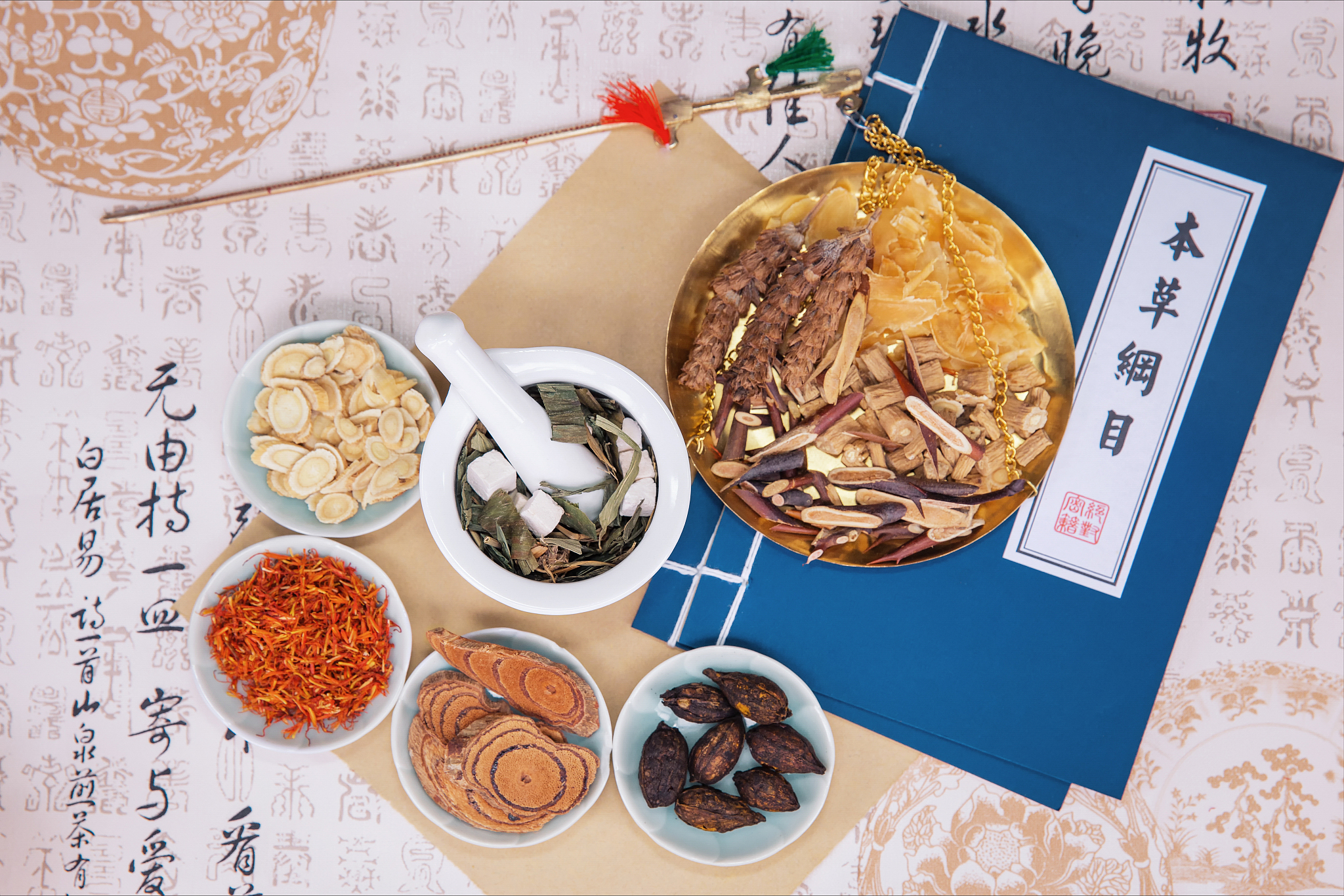In the work Yi Jian Zhi , famous litterateur Hong Mai of ancient China's Song Dynasty tells a story about the treatment of coughing up blood with Chinese ground orchid.
There was a prisoner on death row in east China's Zhejiang Province who was grateful that a compassionate prison officer took good care of him. Before being put to death, he gave the officer a secret prescription in return. "I was put into jail seven times. I was subjected to severe torture and I was injured in my chest and lungs so much that I vomited blood. But every time I took this prescription, my injury got better," said the prisoner. Soon after the prisoner died, the executioner dissected and found dozens of holes in his lungs filled with a white powder. When Hong Mai heard the story, he wrote down the prescription. Later, he used this prescription to treat a soldier with severe hemoptysis. Amazingly, the soldier was cured one day after taking the traditional Chinese medicine.
The prescription indicated that grinding Chinese ground orchids into powder and taking it in rice soup could help stop bleeding.

Chinese ground orchid, which is mainly used for lung and stomach bleeding, chapped hands and feet in winter and swelling sores, has strong astringent properties and a hemostatic effect on the lungs and a positive effect on muscle and skin growth, and can promote the healing of focal lesions, as Li Shizhen wrote in Compendium of Materia Medica.
According to the Chinese Pharmacy Dictionary, it's clinically used in the treatment of such ailments as gastric and duodenal ulcer bleeding, tuberculosis, burns and surgical wounds and anal fissures.

The tuber of Chinese ground orchid, which has a bitter and astringent taste and a cool nature, is usually used as medicine.
Chinese ground orchid (Bletilla striata) is a species of flowering plant in the orchid family Orchidaceae. It likes a cool and moist climate and prefers places with an average annual temperature of 18 degrees Celsius, annual precipitation of 1,300-1,800 millimeters, and soil moisture of 30 to 35 percent. It's native to China and widely distributed in the provinces along the Yangtze River.

About The Great Herbs series:
Chinese herbal medicine is the precious legacy of the Chinese people's struggle against diseases for thousands of years and the essence of Chinese culture accumulated over thousands of years. The Compendium of Materia Medica, written by Li Shizhen, is a valuable heritage of ancient Chinese medicine and botany, which has played a significant role in promoting the development of medicine and pharmacy in China and even the world. In this series, CGTN guides you through the journey of exploring the great herbs mentioned in the book.
For more:
The Great Herbs: The first of China's nine immortal herbs
Chinese ground orchids help control rocky desertification in SW China
(All images via VCG)
(If you want to contribute and have specific expertise, please contact us at nature@cgtn.com.)

